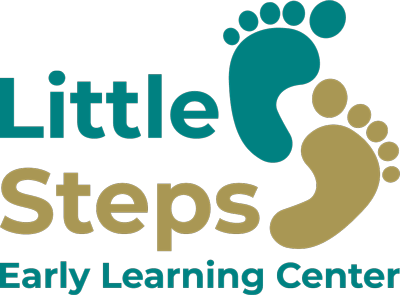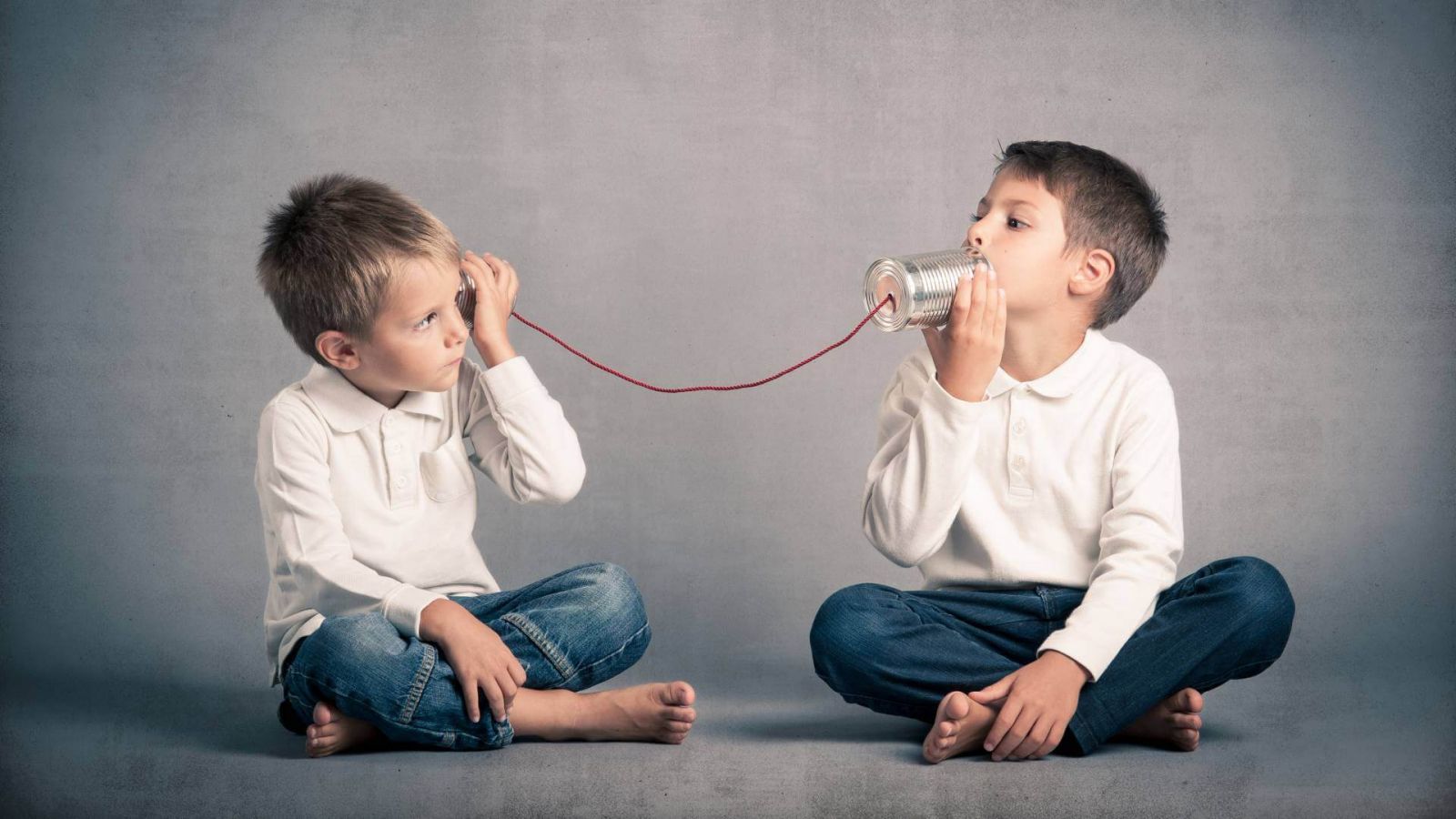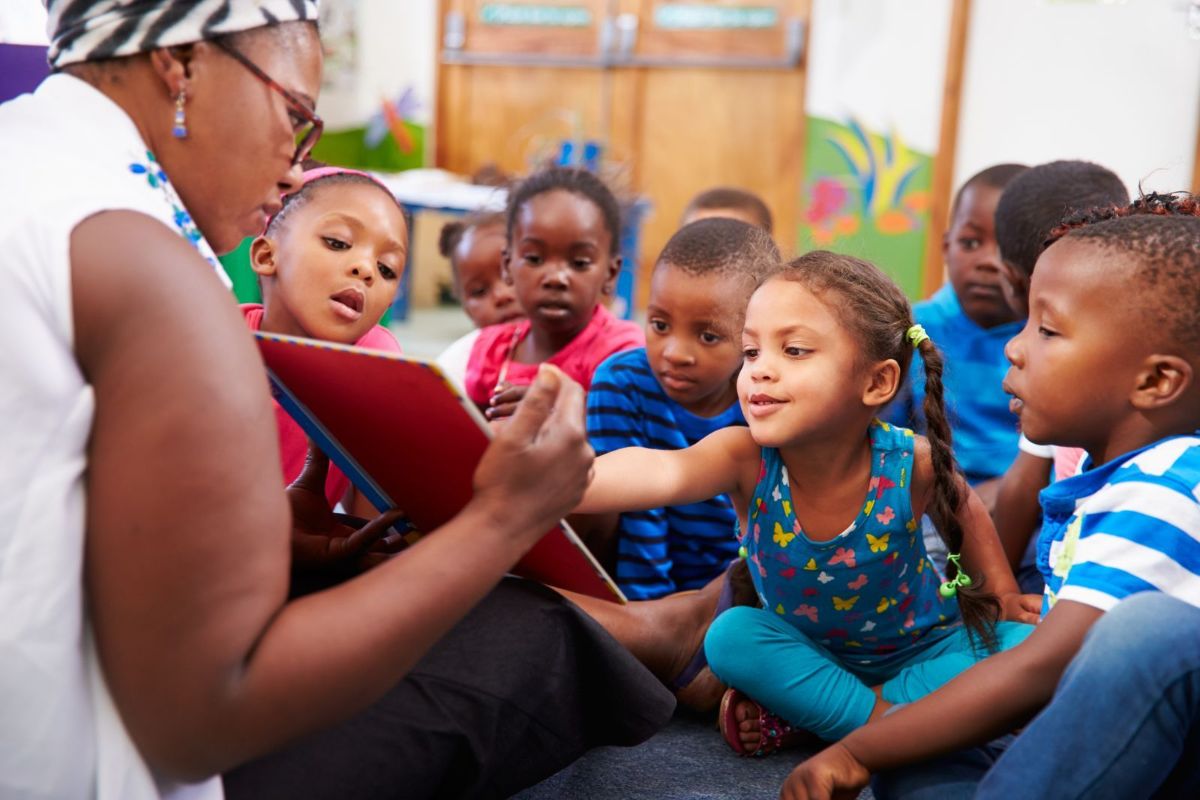Preschool playtime, a seemingly simple and unstructured part of a child's day, is, in fact, the cornerstone of early childhood education. It is during these precious moments of play that young minds are given the freedom to explore, experiment, and develop critical skills that lay the foundation for a lifetime of learning. In this article, we will delve into the importance of preschool playtime and how it shapes the cognitive, social, and emotional development of children.
The Power of Play
Play is a child's natural language. It is their way of making sense of the world around them. Preschool playtime provides children with the opportunity to engage in both structured and unstructured activities, fostering creativity, curiosity, and problem-solving skills.
Through activities such as building with blocks, exploring nature, or engaging in imaginative play with peers, children begin to understand fundamental concepts like cause and effect, spatial relationships, and basic scientific principles. These early experiences set the stage for more complex learning in later years.
Cognitive Development
Preschool playtime is not just about fun and games; it is a critical period for cognitive development. Play allows children to practice and refine their cognitive skills, such as memory, attention, and problem-solving. For instance, when children engage in activities like puzzles, they are not just fitting pieces together; they are developing their spatial awareness and logical thinking.
Furthermore, play allows children to develop their language skills. Conversations with peers and adults during playtime enhance vocabulary, comprehension, and the ability to express thoughts and ideas effectively. These language skills are the building blocks of literacy, which is essential for academic success.
Social and Emotional Growth
One of the most significant benefits of preschool playtime is its role in fostering social and emotional growth. When children engage in play with their peers, they learn essential life skills such as cooperation, communication, and conflict resolution. They learn to take turns, share toys, and empathize with others' feelings.
Additionally, playtime provides a safe space for children to express and manage their emotions. They can act out scenarios, role-play, and explore their feelings in a controlled environment. This emotional intelligence acquired during preschool playtime lays a strong foundation for healthy relationships and emotional well-being in adulthood.
Physical Development
Physical activity is a crucial aspect of preschool playtime. Running, jumping, climbing, and other forms of physical play contribute to the development of gross motor skills, strength, and coordination. These physical abilities are not only essential for a child's overall health but also for their success in academic pursuits.
Moreover, engaging in physical play releases endorphins, which help reduce stress and anxiety. This emotional regulation skill is invaluable throughout life, as it enables children to cope with challenging situations in a healthier way.
Creativity and Imagination
Preschool playtime is a breeding ground for creativity and imagination. When children are given the freedom to explore and invent, they develop the ability to think outside the box. Whether they are building castles with blocks, pretending to be pirates on a playground, or drawing colorful masterpieces, creativity blooms during playtime.
Creativity is not limited to the arts; it is a skill that can be applied to problem-solving in various contexts. A child who learns to think creatively during preschool playtime is more likely to approach challenges with innovative solutions in the future.
Preparing for Formal Education
Preschool playtime is not a detour from learning but rather an essential part of the educational journey. It prepares children for formal education by equipping them with the skills and attitudes necessary for success in school and beyond. When children enter kindergarten with a solid foundation in social, emotional, cognitive, and physical development, they are better prepared to excel academically.
Incorporating structured learning activities into playtime can also enhance school readiness. Activities that involve counting, recognizing shapes, and identifying colors, for example, bridge the gap between play and formal education. The transition to school becomes smoother, and children are more likely to enjoy learning when it is built upon the enjoyable experiences of preschool playtime.
The Role of Educators and Parents
Educators and parents play a vital role in maximizing the benefits of preschool playtime. They can create a rich and stimulating play environment that encourages exploration and learning. Here are some tips for fostering a conducive play environment:
- Provide a Variety of Materials: Ensure that children have access to a diverse range of toys, books, art supplies, and outdoor play equipment to stimulate their interests and creativity.
- Encourage Outdoor Play: Outdoor playtime exposes children to nature and allows for unstructured exploration. Nature offers an abundance of sensory experiences that can enhance learning.
- Observe and Interact: Caregivers should observe children's play to gain insights into their interests and developmental needs. Engage in conversations with children during play to extend their learning.
- Promote Independence: Encourage children to make choices and solve problems on their own. Independence fosters a sense of autonomy and self-confidence.
- Set Boundaries: While unstructured play is essential, setting some guidelines for safe and respectful play is important. Children learn valuable lessons about rules and boundaries through playtime.
Preschool playtime is where lifelong learning begins. It is a dynamic and multifaceted process that encompasses cognitive, social, emotional, and physical development. Through play, children acquire the skills and knowledge that form the foundation for their future academic and life success.
As educators, parents, and caregivers, we must recognize the value of preschool playtime and create an environment that nurtures and supports it. By doing so, we empower our children to embark on a lifelong journey of curiosity, creativity, and continuous learning. Preschool playtime is not just child's play; it is the beginning of a remarkable educational adventure.


